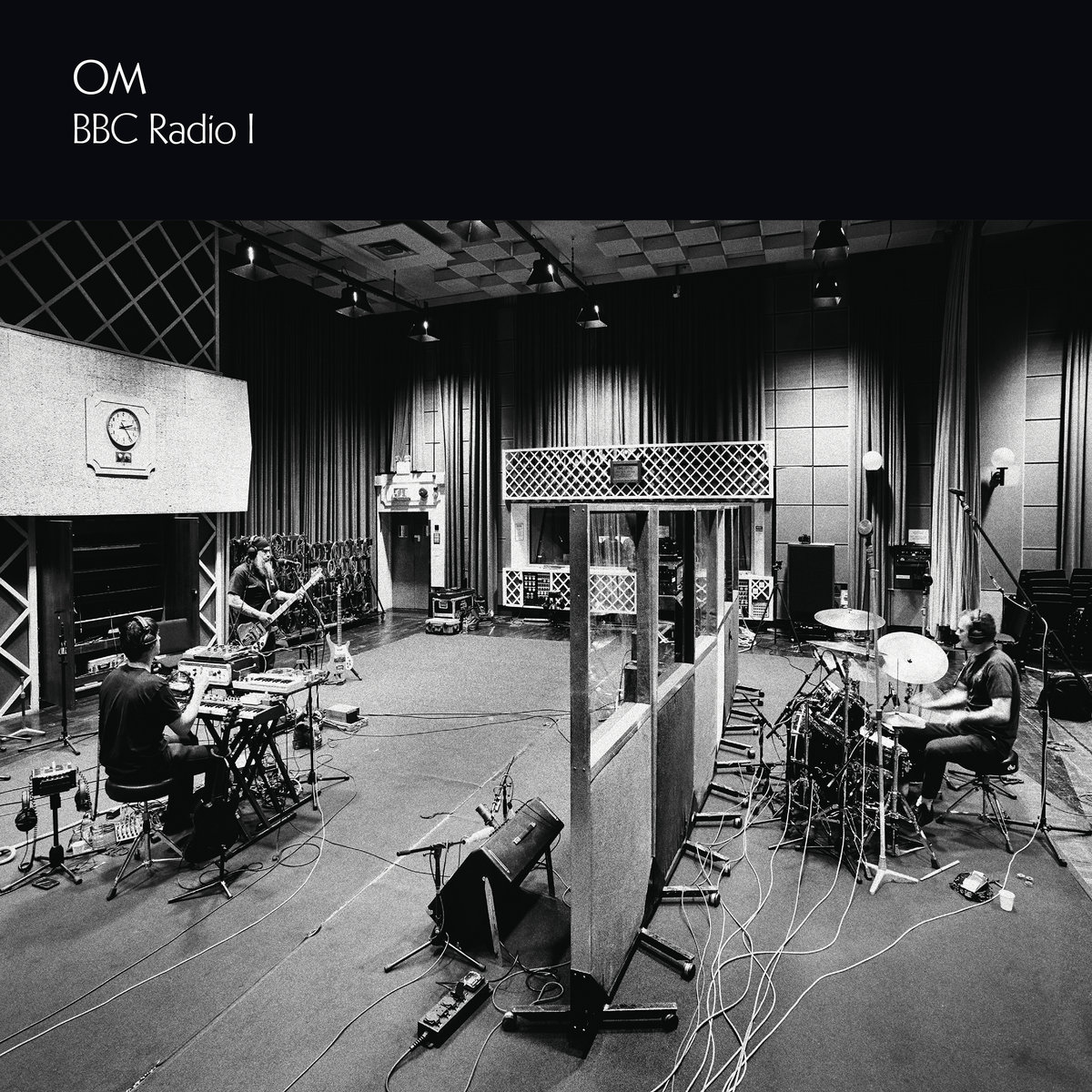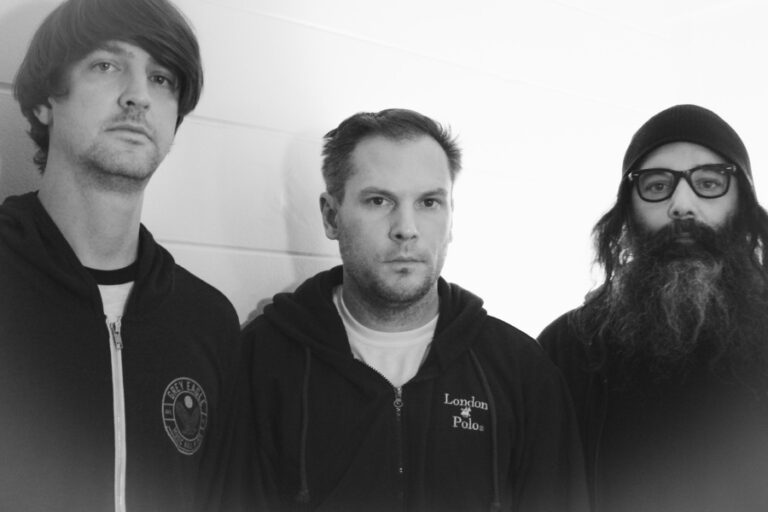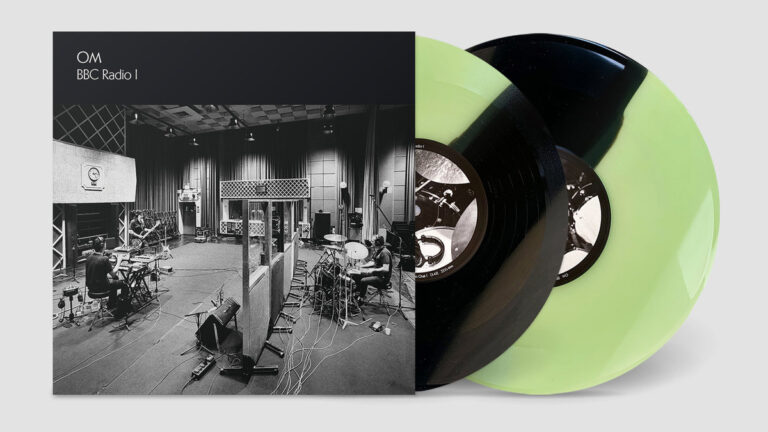Music Interview: A Sacred Syllable At The Beeb
Om Releases Historic Bbc Sessions


OM
courtesy of the artist

Latest Article|September 3, 2020|Free
::Making Grown Men Cry Since 1992


OM
courtesy of the artist
